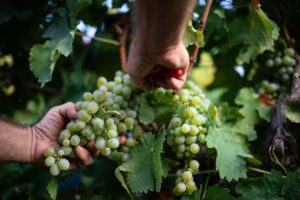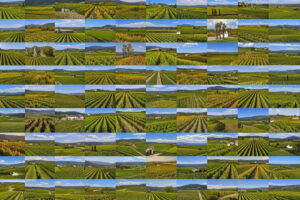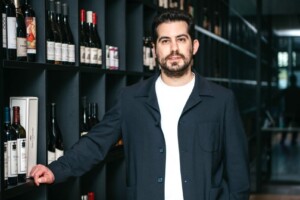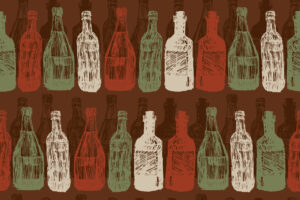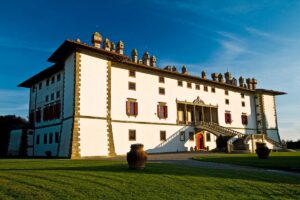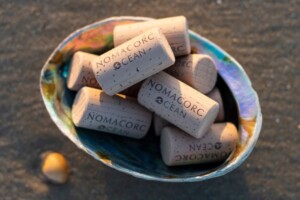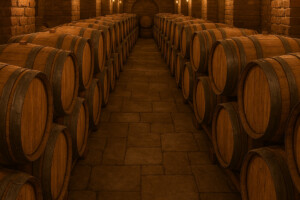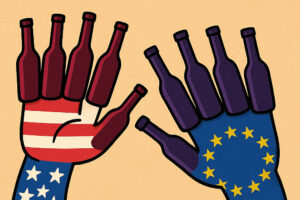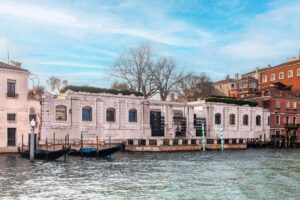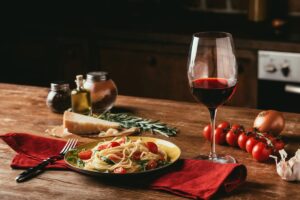Article 9 of the Italian Constitution states that the Republic protects the landscape and the historical and artistic heritage of the Nation. And yet, Italy has for decades been experiencing continuous and out-of-control overbuilding, which takes hundreds of hectares away from agriculture every day. Moreover, protecting the landscape is not just an aesthetic matter, a fact of beauty, on the contrary. The landscape must be protected, first of all, as a place to live. This is why, as Salvatore Settis, art historian and archaeologist, who has often discussed landscape issues, explained at the talk “Quality agriculture protects the landscape”, organized by Slow Food’s Terra Madre Salone del Gusto that quality agriculture is the best form of landscape protection, because it preserves it, maintains it, protects it as a common good available to the community and to future generations. Schools have a fundamental role in protecting landscapes. They should have the task of transmitting and educating about this message.
“Italy is full of mysteries, but there is one that I truly cannot understand. Why”, asked Settis, “does a country that has no demographic increase, and it would be losing population if there were no immigrants, but luckily for us there are, continue to build and overbuild, for instance highways and high-speed rail lines, even where they are not needed. All of this is detrimental to fertile land, because building is easier on the plains and Italy has some of the most fertile plains on the planet, like the Po Valley or the Campania plain, where we are building warehouses and houses that are unnecessary. The explanation for all of this is quite complex: basically, from an archaic culture, real estate is considered a form of investment to freeze an accumulated capital, no matter how it has been accumulated, whether honestly, or from criminal activities”.
These are incomprehensible choices do not take into account the worst damage, namely, “land consumption, of which Italy holds first place in Europe, surpassing even much more populous countries such as Germany. One of the worst consequences is that we do not take into consideration that the more we occupy fertile soil and the less we think about food, the soil will have to feed us and future generations. If we were far-sighted, it would be logical to do otherwise. It is clear”, continued the art historian, “that this lack of attention to agriculture, and that it is considered positive to invest in brick, is the result of a culture that has not been updated on the tangible needs of humanity”.
As we mentioned, schools play a fundamental role. “We should start from school, but from the family as well, to explain that quality agriculture is the best way to protect landscape and that it is not just something beautiful to look at. Our Constitution, in article 9, protects the landscape and the historical and artistic heritage of the nation. It does not say that it could protect it, but that it protects it, mandates it and imposes it on us all as citizens. Protecting the landscape, however, is not done in the name of beauty, even though the Italian ones are beautiful. The point is that the landscape must be protected as something to be experienced, in its forms of life, vegetation, fauna and human presence. All of it is to be protected as an enlarged bio system, in which quality agriculture, when practiced well, is the best form of protection. From this point of view”, concluded Settis, “the primary message schools should send is that landscape and environment are common goods, they belong to us; to us, and to future generations. We have received an extraordinarily rich landscape from our ancestors, and we have the duty to deliver it to our descendants better than we found it, not worse. We are the temporary custodians of an inheritance we have received. It is our duty to know how to pass it on to future generations. Agriculture and the culture of food, in this vital discourse for the survival of the human species itself, are absolutely crucial elements, which we must never forget, and schools should also take on this task”.
Copyright © 2000/2025
Contatti: info@winenews.it
Seguici anche su Twitter: @WineNewsIt
Seguici anche su Facebook: @winenewsit
Questo articolo è tratto dall'archivio di WineNews - Tutti i diritti riservati - Copyright © 2000/2025












